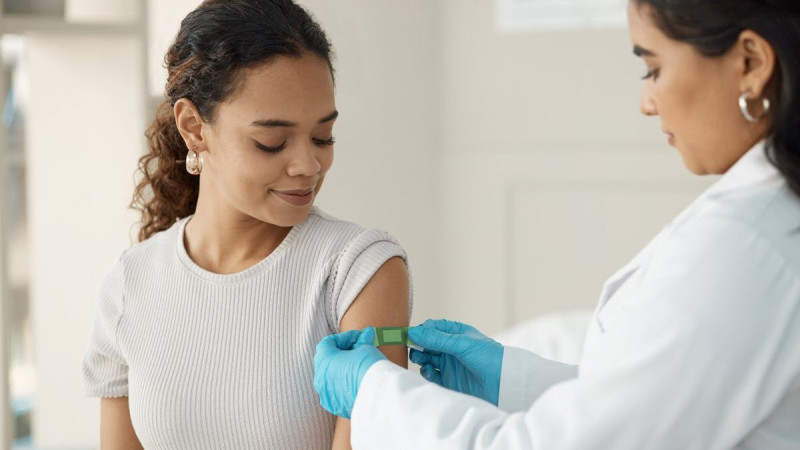The landscape of vaccine safety and public health has seen significant shifts in recent months, with the Centers for Disease Control and Prevention (CDC) making notable changes to its stance on vaccine safety, particularly in relation to COVID-19 and autism. These changes, driven in part by the influence of Health Secretary Robert F. Kennedy Jr. and the Advisory Committee on Immunization Practices (ACIP), have sparked both debate and uncertainty among health professionals and the general public.
In a controversial move, the CDC has revised its vaccine safety page, casting doubt on the well-established scientific consensus that vaccines do not cause autism. This shift aligns with the anti-vaccine stance of Health Secretary Robert F. Kennedy Jr., who has long been vocal about his skepticism regarding vaccine safety. The new statement questions the link between vaccines and autism, a stance that contradicts decades of scientific research and public health policy.
In addition to the changes regarding autism, the CDC has also updated its COVID-19 vaccine guidelines, moving away from universal recommendations. Instead, the ACIP now recommends that COVID-19 vaccination decisions be made on an individual basis, in consultation with healthcare providers. This shift reflects a more personalized approach to vaccination, potentially influencing how individuals perceive the necessity and safety of these vaccines.
The CDC's revised stance on vaccine safety has drawn varied reactions from health policy experts and the public. While some argue that these changes could lead to increased vaccine hesitancy, others see it as a step toward more individualized health decisions. An analysis by KFF, a health policy research group, suggests that if vaccine recommendations were narrowed or removed, it could significantly impact public health measures and insurance coverage.
This transition in CDC policy raises critical questions about the role of scientific evidence in public health decision-making. The revised guidelines and statements on vaccine safety have been met with skepticism from many health professionals, who argue that they undermine long-established scientific conclusions. The CDC's continuous monitoring of vaccine safety through various systems remains crucial, but the recent changes highlight the delicate balance between public trust and scientific integrity.
As the world continues to navigate the complexities of vaccine safety and public health, the CDC's recent moves underscore the importance of transparency and evidence-based decision-making. Whether these changes will lead to more informed individual choices or foster greater uncertainty about vaccine safety remains to be seen. What is clear, however, is that the public and health professionals alike are closely watching how these policies evolve and their impact on public health initiatives.



